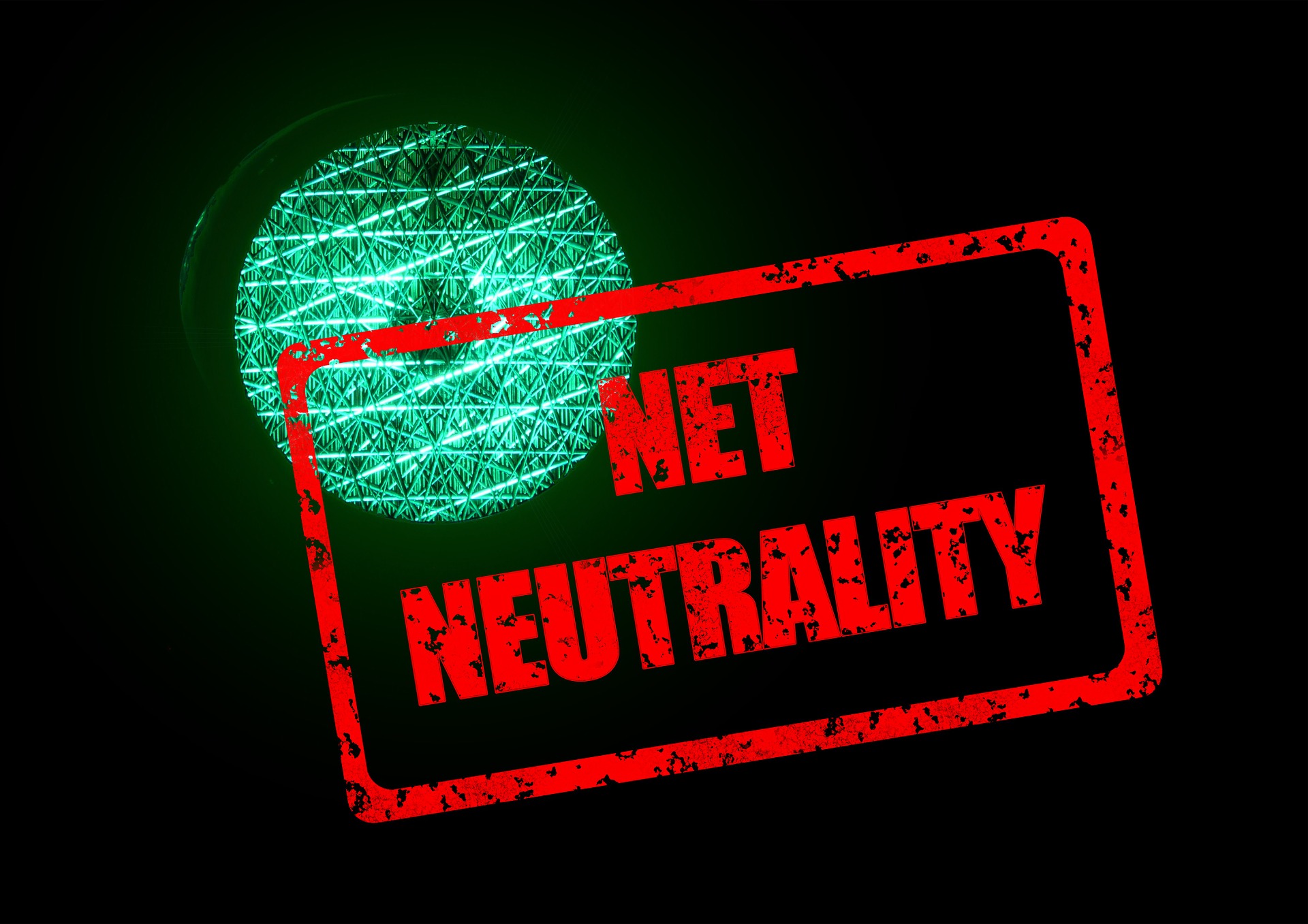Late last month the Biden Administration finally got around to nominating a new commissioner to the Federal Communications Commission to replace Chairman Ajit Pai, who left the FCC at the beginning of the year. Also nominated was a current commissioner, Jessica Rosenworcel, for another term and also to become the new chair of the Commission. Given the likely new leadership, speculation began immediately about what would happen to the so called “net neutrality” debate. The outlook is for yet more years of policy whiplash, from pro-innovation back to pro-regulation, that collectively will dish up greater uncertainty for the public and for industry.
California though, is getting a double helping.
For more than two decades, a light-touch regulatory model powered by a free market prevailed and delivered more broadband, more places, more often, and to more people. But a new vision emerged several years ago through heavy handed regulation and restrictions cloaked in the innocent sounding name of “network neutrality.” This top-down, central control vision would force the internet to adhere to 70-year-old restrictions created to constrain a government protected monopoly that provided the rotary dial telephone. Fruition of that vision would end the “open internet” and what the FCC defined as allowing “…consumers can go where they want, when they want.”
Knowing that its actions, or choice not to act, would preempt state action that would create a riot of mismatched rules and laws governing an interstate system, the FCC chose not to act. That is, the FCC opted for greater liberty, greater opportunity for new experiences and greater potential for innovation. But the FCC seems poised to turn away from such consumer freedom unless California beats it to the punch.
The California legislature, impatient for more government control of the internet, in 2018 passed legislation that is more restrictive than the federal rules in dictating how the internet should be regulated. Knowing that the internet is borderless, they reasoned that if companies had to comply with a state specific law, then that that law would be the de facto regulatory standard for the nation. California would big foot the desires and liberties of its citizens across the country. Federalism was weaponized.
In response to the law, the Trump Department of Justice brought a lawsuit to delay the law. In September, the injunction was denied but telecommunications companies appealed to the 9th Circuit Court of Appeals in September.
The law, even lacking immediate enforcement, has already caused a loss for Californians The state’s approach prohibits “zero rating., with internet service providers not allowed to provide broadband access for free. Rather, they are required to charge even if they would have given away access to certain websites or otherwise subsidize service. Providers in the state, because of the law, have already stopped providing sponsored data programs, that is, allowing other companies to pay for customer internet access.
An open internet is best protected as it has been to date, with a free market. That sort of environment has allowed for the explosion of online innovation to date, including a business model that was driving free internet service to consumers. No other model conceived even comes close to providing the flourish of consumer freedom coupled with consumer choice. This is how consumers will continue to be protected, how consumers will continuously benefit from the innovation, investment and creation that follows, and how consumer experiences with content, technology, and information can be consumer driven instead of government determined.
Put another way, we pursued a course of the open internet, a pandemic came, broadband use sky-rocketed and yet the internet was there for us to continue work, education, health care, entertainment and more.
The Court of Appeals gave no time frame for a decision but let’s hope, regardless of how long it takes, that the Court reaches the right result. Liberty frees those in the internet ecosystem just as it does elsewhere, allowing them to pursue their lives and creating an online experience that they desire, not one dreamt up for them in Washington, D.C., or Sacramento.
Bartlett Cleland is senior fellow in tech and innovation at the Pacific Research Institute.

